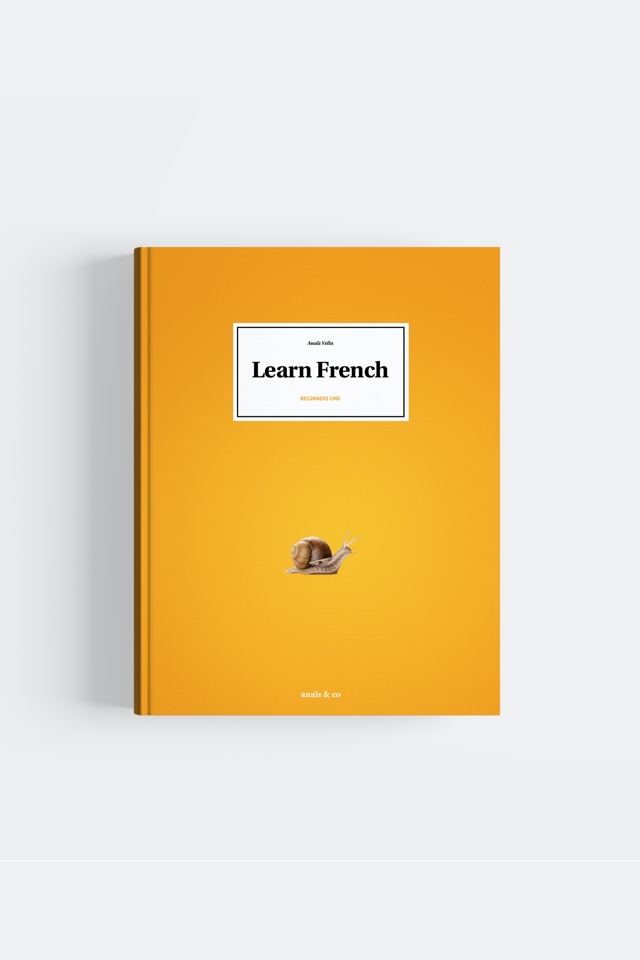

We add a silent “e” at the end of the masculine noun to turn it into the feminine. You must as well change the masculine article always for its feminine version.
For example:
Un ami et une amie → A friend.
Un avocat et une avocate → A lawyer.
If the masculine noun ends in a vowel, the feminine will be pronounced the same. If it ends in a consonant, the consonant is silent at the end of the masculine but not for the feminine.
For example:
Un avocat → “hun-ah-vo-ka” / Une avocate →
“uhn-ah-vo-kat.”
When the masculine noun ends with an “e,” the masculine and the feminine nouns will be spelled and pronounced the same. You must change the masculine article for its feminine version.
For example:
Un journaliste et une journaliste → A journalist.
When the masculine noun ends with an “é,” add a silent “e” to have the feminine. The masculine and the feminine will be pronounced the same. You must change the masculine article for its feminine version.
For example:
Un employé et une employée → An employee.
We have 10 irregular endings that don’t follow the main rules. If a masculine noun ends with one of the endings listed below and strictly those, follow this:
| Masculine | Feminine | Example |
|---|---|---|
| El | Elle | Un criminel/une criminelle |
| En | Enne | Un lycéen/une lycéenne |
| Er | Ère | Un boucher/une bouchère |
| Et | Ette | Un muet/une muette |
| Eur | Euse | Un vendeur/une vendeuse |
| Ien | Ienne | Un chien/une chienne |
| Ier | Ière | Un écolier/une écolière |
| If | Ive | Un sportif/une sportive |
| On | Onne | Un lion/une lionne |
| Teur | Trice | Un directeur/une directrice |
There is not a big difference between “eur” and “teur” in the masculine form, but a big one for the feminine form “euse” and “trice”.
Some nouns will have an irregular feminine form. Unfortunately, there are no rules to help you.
For example:
Un maître → Une maîtresse →
A primary school teacher/ A master.
Un hôte → Une hôtesse → An host.
Un ingénieur → Une ingénieure → An engineer.
Un chanteur → Une chanteuse → A singer.

More in the books
Werther you are learning by yourself, with Anais and Co or if you are a FLE teacher find this lesson and many more in a beautiful book.
Be notified when we upload a new video.